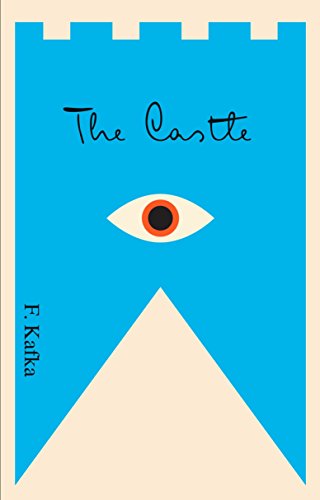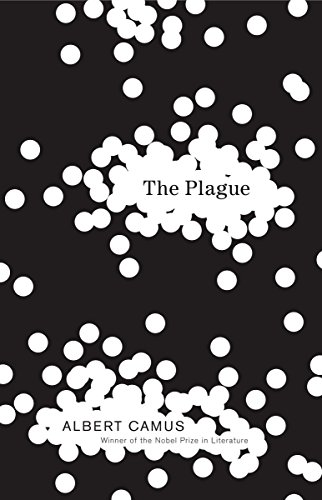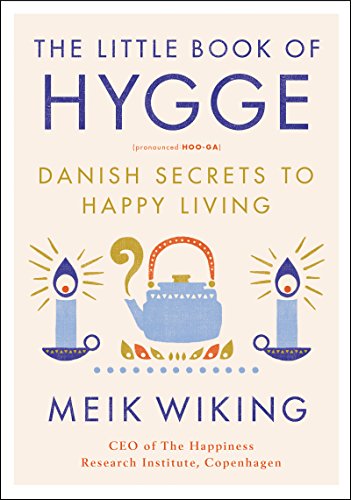The author, Thích Nhất Hạnh, is one of the most famous Zen Buddhist Masters in the world credited with popularizing “mindfulness” in the West after being exiled from his native Vietnam because of his peace efforts during the war.
No Mud, No Lotus remembers the ancient wisdom that we grow into our own enlightenment out of adversity like the beautiful lotus flowers that only live in the deep muck of muddy swamps—without mud, there is no lotus.
With his signature clarity and sense of joy, Hanh offers practices and inspiration to help us acknowledge our struggles and transform suffering to find true happiness.
“I, like many of you, have endured much suffering during the pandemic. But I am grateful for Hanh’s wisdom. No Mud, No Lotus has provided me so much support—both when it was first published a number of years ago and, more recently, throughout this challenging time.” —Mind Over
“As Thich Nhat Hanh nears the end of his most inspiring life, he has no time left to expound on tangents. This book cuts to the core—fast. With so much wisdom condensed in this small book, this is the most potent and practical guide I have ever read.” —Jack Sherman
“Serene and wise, No Mud, No Lotus is an immensely practical guide to overcoming life’s big and little problems.” —Namrata
(Group read suggestion from Beth McCrea, book club co-founder.)











